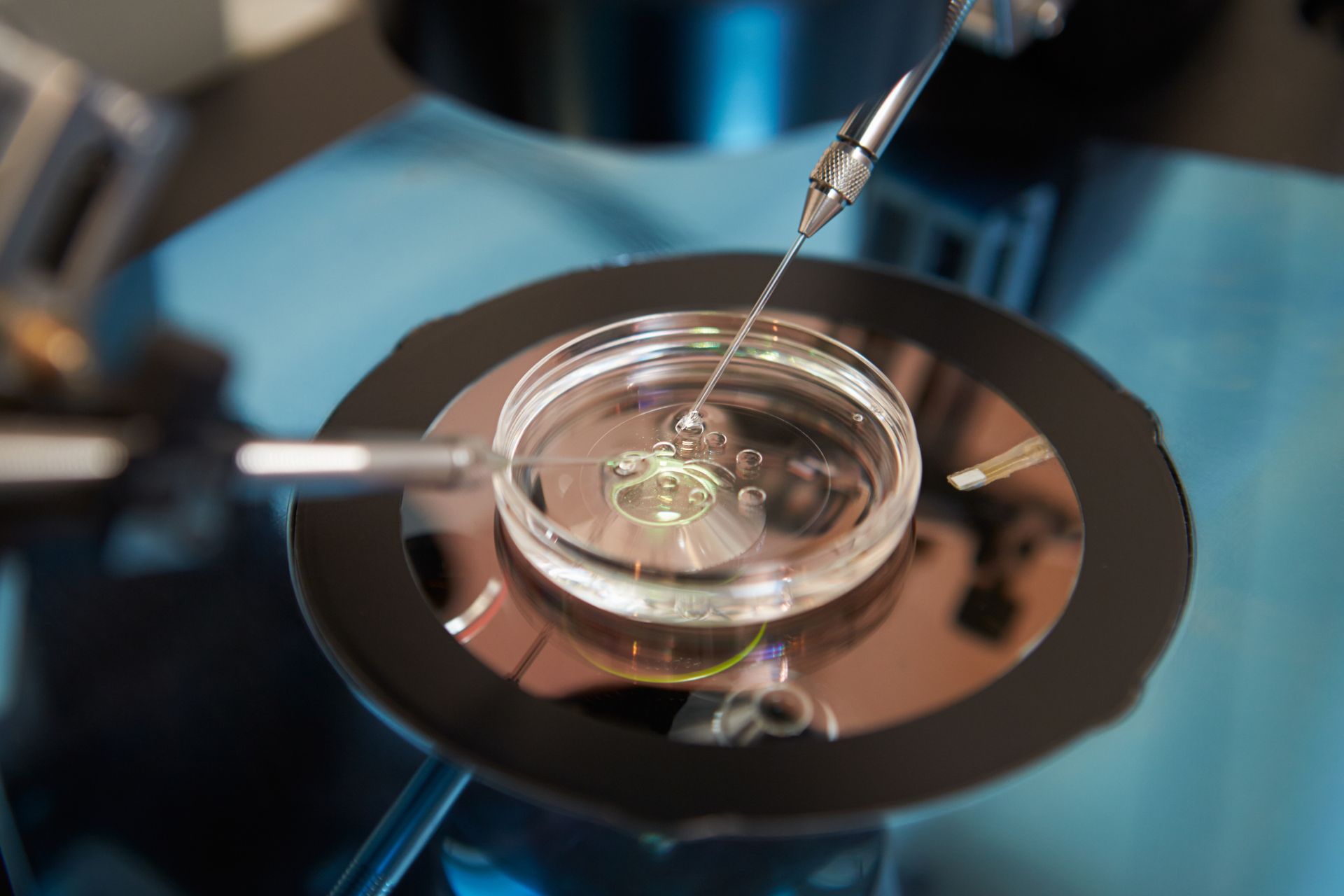Technologies such as in vitro fertilization (IVF)—a medical procedure where an egg is fertilized outside the body to help pregnancy—are helping more people have babies. New research suggests that gut microbes and their metabolites play a key role in the success of frozen embryo transfer—a key step in IVF.
The findings, published in mBio, indicate that managing gut health might be important for fertility treatments. Identifying specific gut bacteria and metabolites could help predict and improve IVF outcomes, the researchers say.
In IVF, after an egg is fertilized by sperm outside the body, the resulting embryo is transferred into the uterus through a process called frozen embryo transfer. Previous studies suggested that vaginal and gut bacteria can affect pregnancy outcomes, and oral microbes may also impact pregnancy by spreading bacteria or inflammation. However, it’s still unclear how microbes in the gut, vagina, and mouth influence IVF success.
So, researchers led by Zhao Zhang at Southern Medical University Affiliate Dongguan People’s Hospital in Guangdong, China, looked at the types of bacteria living in the gut, mouth, and vagina at different times in 59 people undergoing frozen embryo transfer during IVF.
Pregnancy outcomes
In the gut, the researchers found common bacteria such as Bacteroidota, Firmicutes, and Proteobacteria, with some differences in specific bacteria between those who had successful or unsuccessful outcomes of frozen embryo transfer. In the mouth, bacteria such as Haemophilus, Streptococcus, and Neisseria were common, and certain bacteria also differed between successful and unsuccessful pregnancies.
In the vagina, the dominant bacteria were Lactobacillus and others such as Gardnerella and Streptococcus, but the vaginal microbiota seemed less linked to outcomes than previously thought. No major differences were found in the overall number or diversity of gut bacteria between successful and unsuccessful pregnancies.
Next, the team used computer models to find specific gut bacteria that could help predict the success of frozen embryo transfer in IVF, showing good accuracy in distinguishing between successful and unsuccessful cases. Two types of gut microbes, Anaerococcus and Negativicoccus, were identified as potential predictors of success.
Clinical prediction
The researchers also analyzed blood samples and found many differences in microbial metabolites between the success and failure groups. Some metabolites linked to success were tied to beneficial gut bacteria, while others more common in failures were associated with other types of bacteria.
Although more research is needed to confirm these findings and better understand how microbiotas affect IVF success, the findings suggest that the presence of certain gut bacteria can help doctors better predict and improve the success of IVF.
“Targeting microbiota-associated metabolic pathways may serve as a potential strategy to enhance [frozen embryo transfer] success rates and provide new biomarkers for clinical prediction and intervention,” the authors say.









